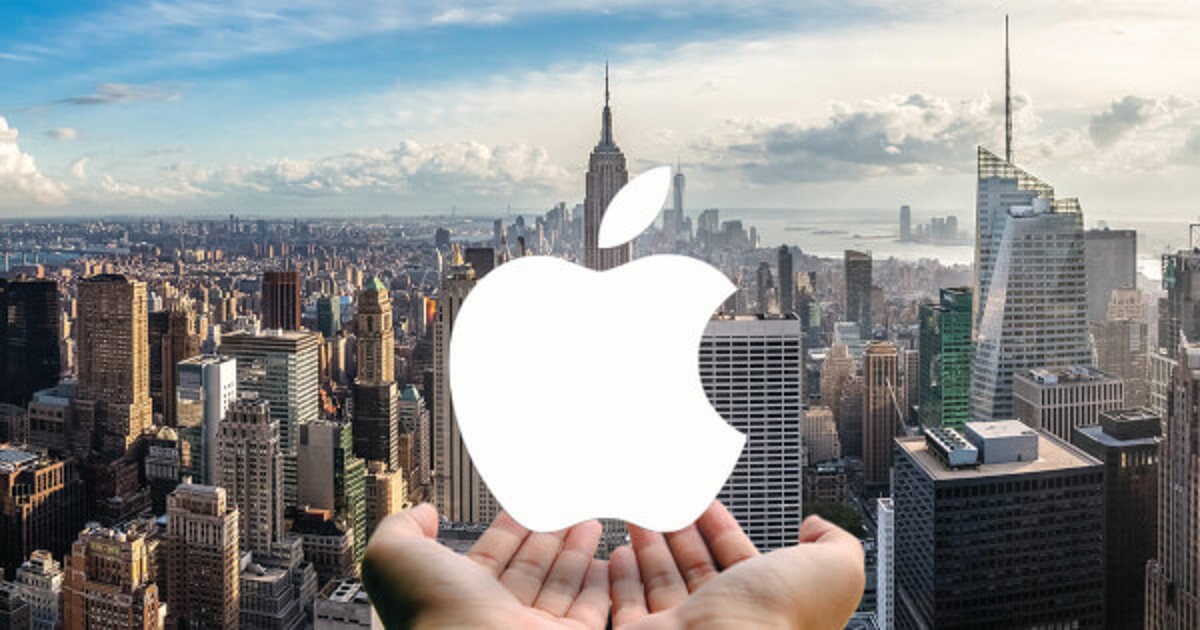Judge dismisses antitrust case against Apple over Apple Cash

A U.S. district judge has dismissed an antitrust lawsuit brought against Apple by Venmo and Cash App users who claimed Apple Cash has an anti-competitive advantage.
In a significant legal victory for Apple Inc., a lawsuit brought by customers of payment services such as Venmo and Cash App has been dismissed by U.S. District Judge Vince Chhabria. The lawsuit accuses Apple of engaging in monopolistic practices through its Apple Cash service, which the plaintiffs claim stifles competition and impedes the introduction of innovative features such as decentralized cryptocurrency payments.
The lawsuit takes aim at Apple’s stronghold in the digital payments sector, claiming the tech giant’s practices are not only anti-competitive but also harmful to consumer choice and technological advancement. The plaintiffs argued that Apple’s monopoly claims have made it difficult for competitors to offer competitive prices and improve functionality, especially in the area of cryptocurrency integration.
The dismissal of the case means that the legal moat surrounding Apple’s business practices, particularly its proprietary services and products, has been strengthened. Integrated within the Apple ecosystem, Apple Cash allows for seamless transactions between iOS users, a feature the plaintiffs argued was designed to give them an edge over the competition.
But Judge Chhabria’s decision to dismiss the case highlights the complexities of antitrust litigation in the technology industry, especially as it involves accusations of stifling competition through in-house services. The ruling could set a precedent that could influence how future antitrust lawsuits against major technology companies, especially those with a presence in financial services, are approached.
These legal developments come amid widespread debate about the role of big tech companies in financial services and their impact on the competitive environment. Growing interest in decentralized financial systems based on blockchain technology is fueling an ongoing debate about how traditional banking services and payment platforms can adapt to include cryptocurrencies and other digital assets.
In light of the layoffs, the future of digital wallet competition remains a competitive arena, with both big tech companies and fintech startups vying for lucrative market share. Apple’s stance, supported by these legal findings, could encourage the company to further integrate its services across its device ecosystem, potentially incorporating cryptocurrency functionality in the future.
The case also highlights the growing scrutiny of big tech companies’ expansion into financial services as regulators and competitors question the impact on consumer choice and market fairness. Although this lawsuit against Apple has been dismissed, the intersection of technology, finance, and antitrust law continues to be an area of legal challenge and controversy.
The implications of this decision have far-reaching implications not just for Apple, but for the entire technology sector, which is increasingly faced with the intersection of innovation, regulation and competitive practices.
Image source: Shutterstock



